Speaking at the opening of Rheinmetall’s new artillery plant in Unterlüß, NATO Secretary General Mark Rutte delivered one of his first major speeches since the alliance summit in The Hague, warning that Europe and North America face an era of long-term confrontation with Russia and China – and must answer with cash, capabilities, and industry.
“It means a lot to be here because the defence industry in Germany – and across Europe and North America – matters more than ever. Ensuring we are strong and successful is an absolute priority for NATO. And strong and successful is exactly what Rheinmetall is,” Rutte told the audience, praising the company for completing the plant in record time.
The Secretary General set out a stark picture of the challenge ahead. “Russia and China are expanding their militaries and their capabilities at speed and scale with little transparency. This year alone, Russia is expected to roll out at least 1,500 tanks, 3,000 armoured vehicles, and hundreds of Iskander missiles. As for China, it already has the world’s largest navy, and some of the largest defence companies in the world. Their military build-up points in a clear direction: they are preparing for long-term confrontation and competition – with us.”
Rutte pointed to NATO’s new 5% GDP defence investment pledge as evidence the tide was turning. “Germany has already announced that it plans to invest almost 153 billion in defence by 2029. This will more than double the overall defence spending by Germany in only eight years. Germany is taking a leadership role, and it has to. You are the biggest economy in Europe, but you are doing it.”
But he warned that funding alone was not enough. “Cash alone doesn’t provide security. Capabilities provide the security. Deterrence doesn’t come from 5%. Deterrence comes from the capability to indeed fight potential enemies.”
That meant industry had to deliver, fast. “When it comes to ammunition, this factory alone plans to produce 350,000 artillery shells a year. This year, your plants in Germany, in Spain, in Hungary – and by the way also South Africa and Australia – aim to churn out 700,000 rounds. Today, Europe’s annual capacity to produce artillery ammunition is six times bigger than just two years ago, and it is expected to reach two million rounds by the end of this year.”
Rutte urged industry not to rest on ammunition alone. “Now we need to see similar efforts to increase the production of more complex capabilities. Like tanks, and air defence systems and missiles. It’s absolutely necessary for our security – now and in the future.”
He called for idle production lines to be restarted, faster manufacturing processes developed, and dependencies on overseas critical raw materials reduced. “We need to do all this while keeping prices under control – sorry Armin – so we can buy more and restock our arsenals. This is the challenge of rearmament. And it’s a battle we must – and will – win.”
Rutte stressed that increased defence production would also mean jobs and growth. “Increased defence production is an engine of economic growth. Creating thousands of new jobs, including 500 here in Unterlüß. So going forward, I urge you, at Rheinmetall and across the transatlantic defence industrial base, to keep production levels high. Raise the bar even higher. And seize the opportunities for doing more together across the entire Alliance and with our partners, like Ukraine.”
He closed by linking the future of NATO’s deterrence directly to the performance of its defence industries. “That’s how we keep our defence capabilities supreme. Our defence industries successful. And NATO strong.”


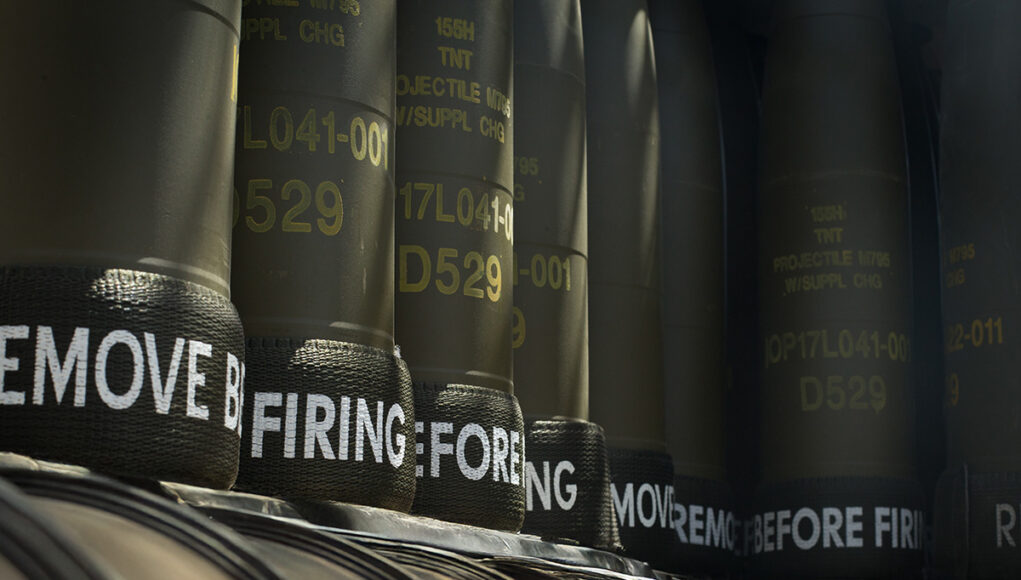
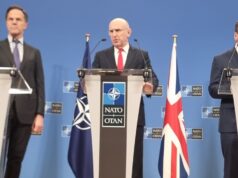
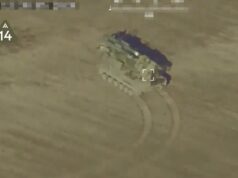
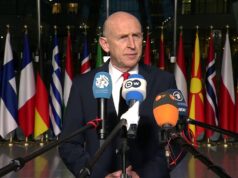
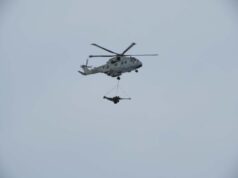


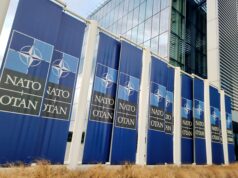
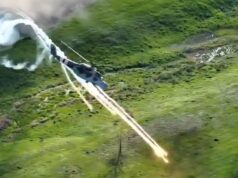
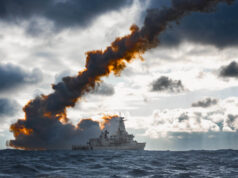
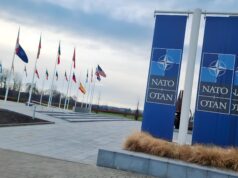

So is the UK basically abdicating its defence industry to the likes of Rheinmetall, Thales, LM et al, and therefore missing out on the financial and wider benefits of the current and future world conflict? Or is the UK’s de-industrialization a pragmatic retreat to become a pure consumer of such things?
Is it that surprising that Rheinmetall opens a new factory in Germany? We don’t have to buy from it. BAE makes some ammunition in the UK.
No, not at all – good on them. Sorry if it was not clear, but I was pondering a wider, strategic, industrialization question for the UK.